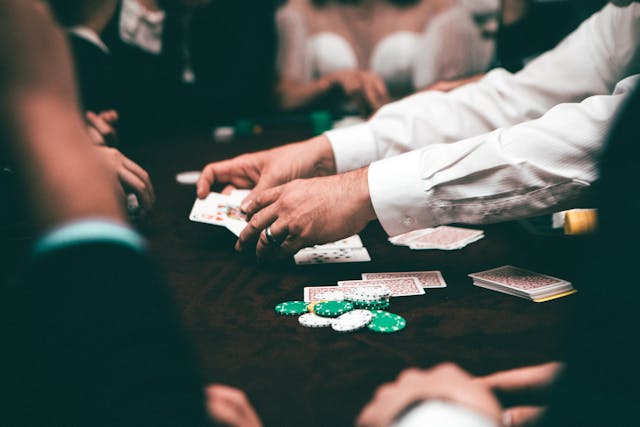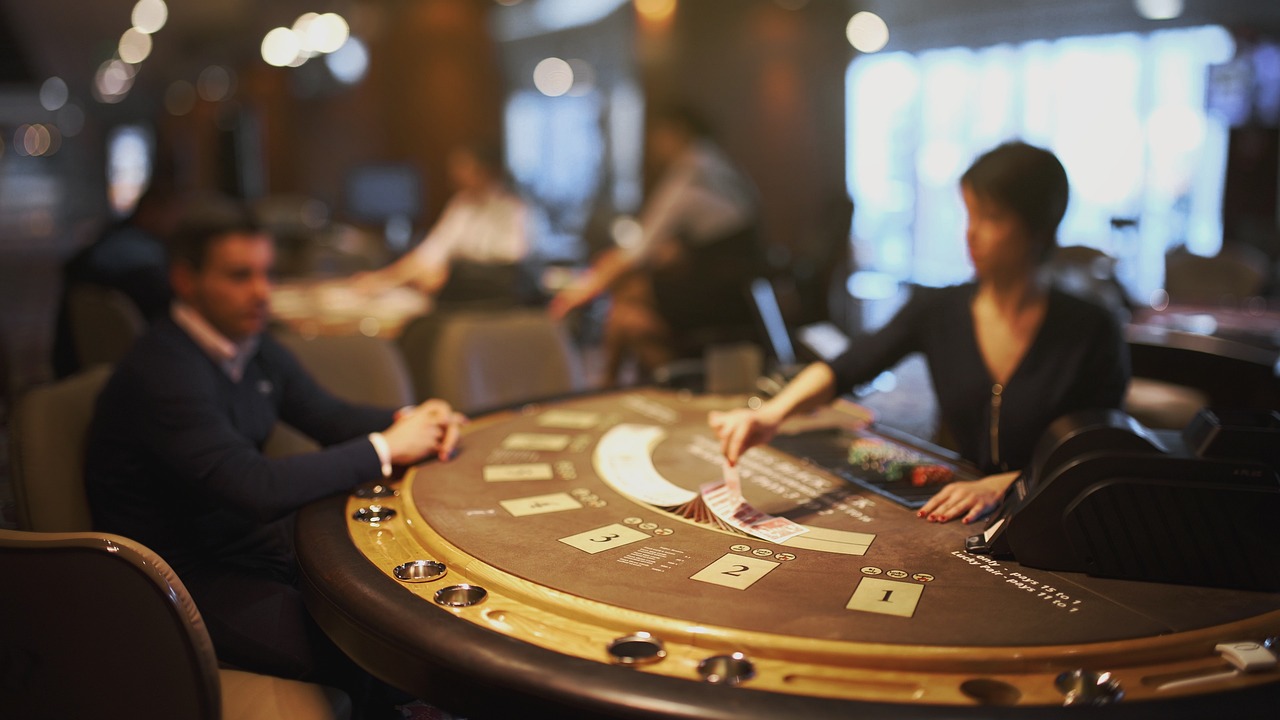While gambling can be an enjoyable form of entertainment for some, it can also lead to negative consequences when pursued excessively. Thanks to BMY999.co and other online gambling platforms, people can enjoy making money from their homes or offices. Nonetheless, recognizing when it’s time to stop gambling is essential for maintaining control over one’s finances, mental well-being, and relationships. In this article, we’ll explore common signs indicating problematic gambling behavior.
Financial Concerns
One of the most obvious signs that it’s time to stop gambling is experiencing financial difficulties due to gambling losses. Suppose you find yourself struggling to pay bills, accumulating debt, borrowing money, or using savings to fund gambling activities. In that case, it’s a clear indication that gambling has become unsustainable and harmful to your financial health.
Chasing Losses
Continuously chasing losses in an attempt to recoup money lost during gambling sessions is a red flag for problematic gambling behavior. The belief that one can regain losses through further gambling often leads to a vicious cycle of escalating bets and mounting losses, exacerbating financial and emotional distress in the process.

Neglecting Responsibilities
When gambling begins to interfere with fulfilling responsibilities at work, school, or home, it’s a sign that it’s time to reassess priorities and seek help. Neglecting work deadlines, skipping classes, or neglecting family obligations due to gambling indicates that it has become a disruptive and harmful force in one’s life.
Emotional Distress
Experiencing heightened emotional distress such as anxiety, depression, guilt, or shame as a result of gambling is a clear indication that it’s time to seek support. Gambling can take a toll on mental well-being, leading to mood swings, irritability, and feelings of hopelessness or despair. Addressing underlying emotional issues is essential for achieving recovery and regaining control over one’s life.
Relationship Strain
Gambling addiction may affect relationships with family, friends, and significant others, causing conflict, distrust, and isolation. If your gambling habits are causing strain in your relationships or if loved ones express concern about your gambling behavior, it’s crucial to acknowledge their concerns and seek assistance.
Loss of Interest in Other Activities
A loss of interest in activities and hobbies that were once enjoyable and fulfilling is a common sign of gambling addiction. As gambling consumes more time and energy, individuals may neglect hobbies, socializing, and self-care activities in favor of gambling-related pursuits.
Conclusion
Recognizing when it’s time to stop gambling is the first step toward regaining control over one’s life and well-being. By acknowledging the signs of problematic gambling behavior, seeking support from those close and professionals, and implementing strategies for positive change, individuals can overcome gambling addiction and create a healthier, more fulfilling life. Remember that recovery is possible with determination, support, and a commitment to making positive changes.




